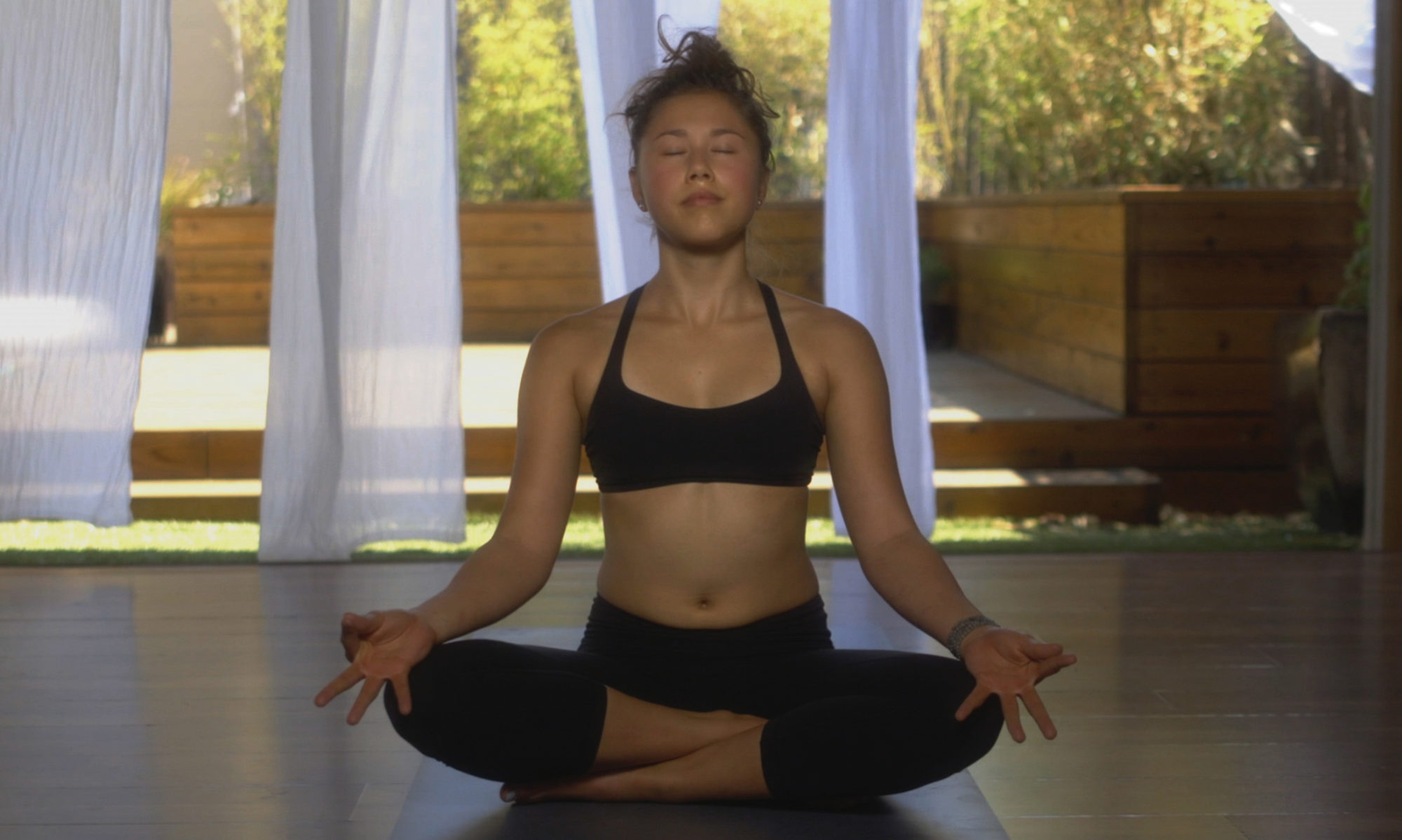Tormented by anxiety, depression and a life-threatening eating disorder, a teenage girl confronts her buried emotions through yoga.
With infectious authenticity, I AM MARIS paints an unguarded portrait of mental illness and recovery, using Maris’ own words and vivid artwork to illustrate her inspiring journey.
I AM MARIS is a story about mental health, self-love, and the power of one person’s voice.

17-year-old Maris confronts her buried emotions, traveling from despair to self-acceptance.
Maris has suffered from anxiety since early childhood. As her mother states, “It was worse when she went to bed. Now looking back, I know it was because she was afraid she was going to die. But I didn’t get that. I didn’t get that at all.” Her anxiety increases until she starts suffering panic attacks in middle school.  During her freshman year, Maris’s parents discover that she is cutting herself and purging her food. They put her in therapy, but Maris doesn’t open up. A few months later, they take her to what they thought would be a routine doctor visit to discover that Maris has been starving herself. They are told that Maris’s blood pressure is so low that she could die in her sleep. She has to be admitted to the hospital immediately. At Stanford Children’s Hospital, Maris’s goal is not to get better but to get out. When she does come home, the anxiety returns.
During her freshman year, Maris’s parents discover that she is cutting herself and purging her food. They put her in therapy, but Maris doesn’t open up. A few months later, they take her to what they thought would be a routine doctor visit to discover that Maris has been starving herself. They are told that Maris’s blood pressure is so low that she could die in her sleep. She has to be admitted to the hospital immediately. At Stanford Children’s Hospital, Maris’s goal is not to get better but to get out. When she does come home, the anxiety returns.
But then she discovers yoga. And she begins to heal her mind and spirit.
At 16, Maris becomes a licensed yoga instructor. She starts a blog about food and yoga. Then a friend tells her that she needs to “talk about the shit you don’t want to talk about.” This is when Maris decides to embrace fearless authenticity and share her story with the world.  CNN picks up her story and by 17, Maris becomes an inspiration and role model for young girls and women of all ages through her blog, her workshops, and mentoring program. She won the top award at her large high school and delivered the graduation address. She’s been on the cover of CNN Health, spoken to hundreds of audiences through podcasts and school guest presentations, and been a keynote speaker at the Women’s Strength Summit.
CNN picks up her story and by 17, Maris becomes an inspiration and role model for young girls and women of all ages through her blog, her workshops, and mentoring program. She won the top award at her large high school and delivered the graduation address. She’s been on the cover of CNN Health, spoken to hundreds of audiences through podcasts and school guest presentations, and been a keynote speaker at the Women’s Strength Summit.
In the end, we see her parents struggling to let go and Maris bravely begin her independent life as she moves into her dorm to start college at UC Santa Cruz.

Through it all Maris has to remind herself that she is still in recovery and always will be. She learns to accept her mental illness as merely a part of her — one that along with struggle has also given her strength and empathy.
